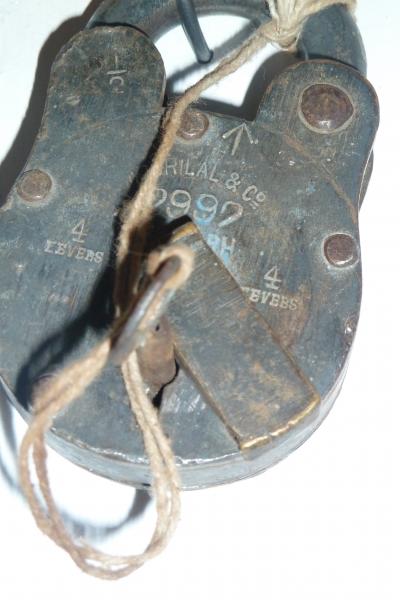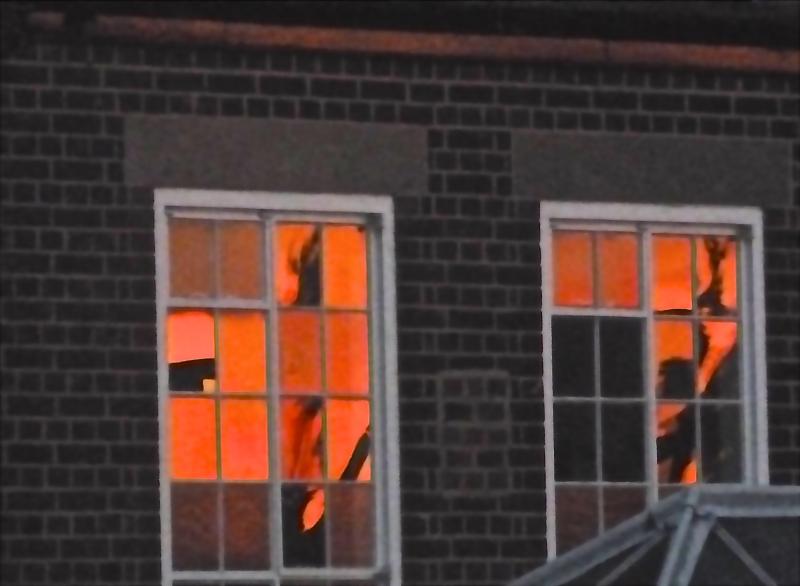
THE SUITABLE BOY COMES HOME reads the headline
“Vikram Seth’s book has universal appeal with its many levels and versatile use of language” The Pioneer Book page of January 27, 1993
Nearly thirty years ago I was a columnist for the Pioneer newspaper in India. I wrote a weekly piece and reviewed books but was never paid and was too polite to insist. Finally, having being denied basic worker’s rights for a couple of years I took a trip to a betel splashed dank office block on Delhi’s Ring Road and asked for my dues. The paper was on the verge of folding up, so, no mon hon was all I got from its editor, Chandan Mitra.
Someone ( It could have been my sister-in-law who then worked for Penguin) had given me a proof copy of Vikram Seth’s new book, which I packed. I liked Vikram Seth’s writing but this was his first major novel. It weighed a ton at 1,549 pages and is probably worth a few pennies now, if I could find it. After I had finished mopping my brow I asked my brother if he would ring Vikram and ask him to give me an interview- they were both at the Doon School- and Vikki kindly agreed. I remember he still looked like a schoolboy with smooth cheeks and a mop of hair and was draped in a Kulu shawl against the winter chill.

Here is the result – a gushing panegyric which truly was the very first review published anywhere in India, the world, the universe, space etc etc.
Eight years in the making and over 1500 pages long, A Suitable Boy has left Vikram Seth suitably spent.
The amount of work that went into researching and writing of the novel made him understandably cautious about signing up options with Faber and Knopf, his English and American publishers. To have accepted their modest offers in 1991, before he had finished revising, would have cramped his style in more ways than one. Against his agents’ advice (Giles Gordon and Irene Skolonik) he put his manuscript up for auction. “It was a terrific risk and I was warned that times were hard.” But the gamble paid off and the highest bid (over £200,000) secured the English rights for Phoenix House. However, as the novel in set in India Seth wanted it launched there. Last March he cloistered himself in the Institute of Advanced Studies, Shimla (which used to be the Vice-Regal Lodge in the late 19th century) , and with the publisher David Davidar’s help got down to the unenviable grind of shaping the final draft for Penguin India. https://www.lonelyplanet.com/india/shimla/attractions/viceregal-lodge/a/poi-sig/449317/356284

Penguin probably held their breath until advance orders showed every sign of meeting Davidar’s faith in his own, considerable, investment. The first print run is 7,000- almost unheard of for a first novel, albeit by a celebrated author. If the financial side looks like an unquestionable coup from the onset, A Suitable Boy is likewise set to reap vast dividends in literary prizes and honours for its author.
Like Tolstoy in War and Peace Seth’s underlying imperatives are: What force moves nations? What are the causes of historical events?
In the tragic aftermath of recent happenings (the Hindu-Muslim riots in Mumbai, stirred up by the right-wing BJP and Shiv Sena) these issues are throbbing in our ears. Seth’s creation of a vast and richly layered panorama of national events and family life exposes the myriad strands of climatic change, personal motivation, accidental energy, human passion, venality and grace which combine in undifferentiated chaos to knit together that phenomenon called history. Tolstoy’s conclusion that “the movement of people is not produced by the exercise of power- not by intellectual activity, nor even by a combination of the two, but by the activity of all the men taking part in the event,” is echoed by Seth’s involvement in the lives of his cast of hundreds who people his stage.
The story of the ingenuous Lata Mehra’s search for a husband is like Elizabeth Bennett’s quest. Seth demands an involvement from his readers in the minutiae of his characters’ lives. He quotes Voltaire: “The superfluous, that very necessary thing…” and with the detail, together dense, delicate, fluid and expressive, with which he animates each one of his characters and settings he invites the reader to become a participant.
Set in 1951-52 this is a delightful period piece about an age of innocence when hopes ran high after independence and cynics had no reason to show their jaded vision. Jawaharlal Nehru was everyone’s darling and even the so-called “Ruffians” in the breakaway KMPP party were indulging in a lover’s tiff with their hero. But the Fall could be presaged in the undercurrents. As Seth says, “The Muslim situation, four years after Partition, was precarious.”
Those bonds, woven from a shared culture and easygoing social intercourse, are evident from the beginning when the main players are introduced, the most memorable being Mrs Rupa Mehra, mother of Lata. Neurotic in her need to find a “good, decent, cultured khatri boy”, she is the archetypal middle-class Hindu mother. Excessively sentimental like Mrs Bennett, she criss-crosses the length and breadth of the country on her “All-India Trans Rail Pilgrimages.” Every so often she threatens Lata with “two tight slaps” (a literal translation from the Hindi). She comments acidly on the “gala time” enjoyed by her unfeeling daughter-in-law. Her partiality to matthris, to Patience Strong, her prodigious letter-writing and obsessiveness regarding her blood sugar levels make her one of the great comic monsters of fiction.
Savita, her eldest, is married into the family of Mahesh Kapoor, Finance Minister in Purva Pradesh (a fictional state that closely resembles U.P.) Mahesh Kapoor disengages from the “great, baggy, faction-ridden Congress Party,” despises religion, cant and hypocrisy (all recognizabe traits of the political class) and does not read Hindi. He prefers Urdu, the language of his close friend the Nawab of Baitar. Mahesh’s younger son, Maan, has a symbiotic friendship with the Nawabzada, Firoz, but is passionately enamoured of Saeeda Bai the courtesan. Shadowing these ties are reminders of the recent tragedy of Partition in the scarred hands of Maan’s brother-in-law and in others’ un-eraseable anti- Muslim prejudices (“they are lascivious at best”).
Mrs Rupa Mehra’s eldest son, the bully Arun, is an appendage of Calcutta’s fizzy Ballygunge set and an Anglophile. He is married to fun-loving Meenakshi Chatterji. Judge Chatterji, who harks back to British standards of justice, his Rabindranath Tagore smitten wife (beloved Robibabu) and five eccentric children complete the quartet of families who underpeg the symmetry of the novel.
This sketch can only in the meanest sense convey the enormous sprawling scope of the story, every bit as grand as Tolstoy’s masterpiece. From each principal springs a network of of other characters, all variously engaged in the unfoldings of national significance, like the Zamindari Abolition Act, the daily, humdrum decisions of commercial and domestic life.
Lata’s three suitors- among them the meritocratic professional “cobbler” Harish- Tasneem and her three unsuitable suitors, including the socialist Rasheed and his family are among the variety and mix of characters, each a rounded inhabitant of his or her own universe which we are part of, and yet not. From our platform of suspended disbelief we can view humanity in all its vulnerability and foolishness and see how little we learn from the past.
The earlier part of the book can be compared to a joyous Krishna Lila- intoxicating but short-lived like the harsingar blossom (a recurrent symbol). And it is the lila of the universe that Seth has captured and sustained so brilliantly and effortlessly. Divided into nineteen chapters, further sub-divided into short, palatable sections, the whole massive edifice moves forward without a creak or discernible strain. He exercises his poet’s sensibility in his versatile and flexible handling of language seldom marred by a false note. His gift of Shakespearean empathy across an extensive range of human feeling and experience has given us a masterpiece of universal appeal.
A Suitable Boy has sold 3 million copies to date. Its sequel, A Suitable Girl , may never find her way home but everyone is waiting eagerly for Mira Nair’s six part television adaptation which will be shown on BBC this year.






























